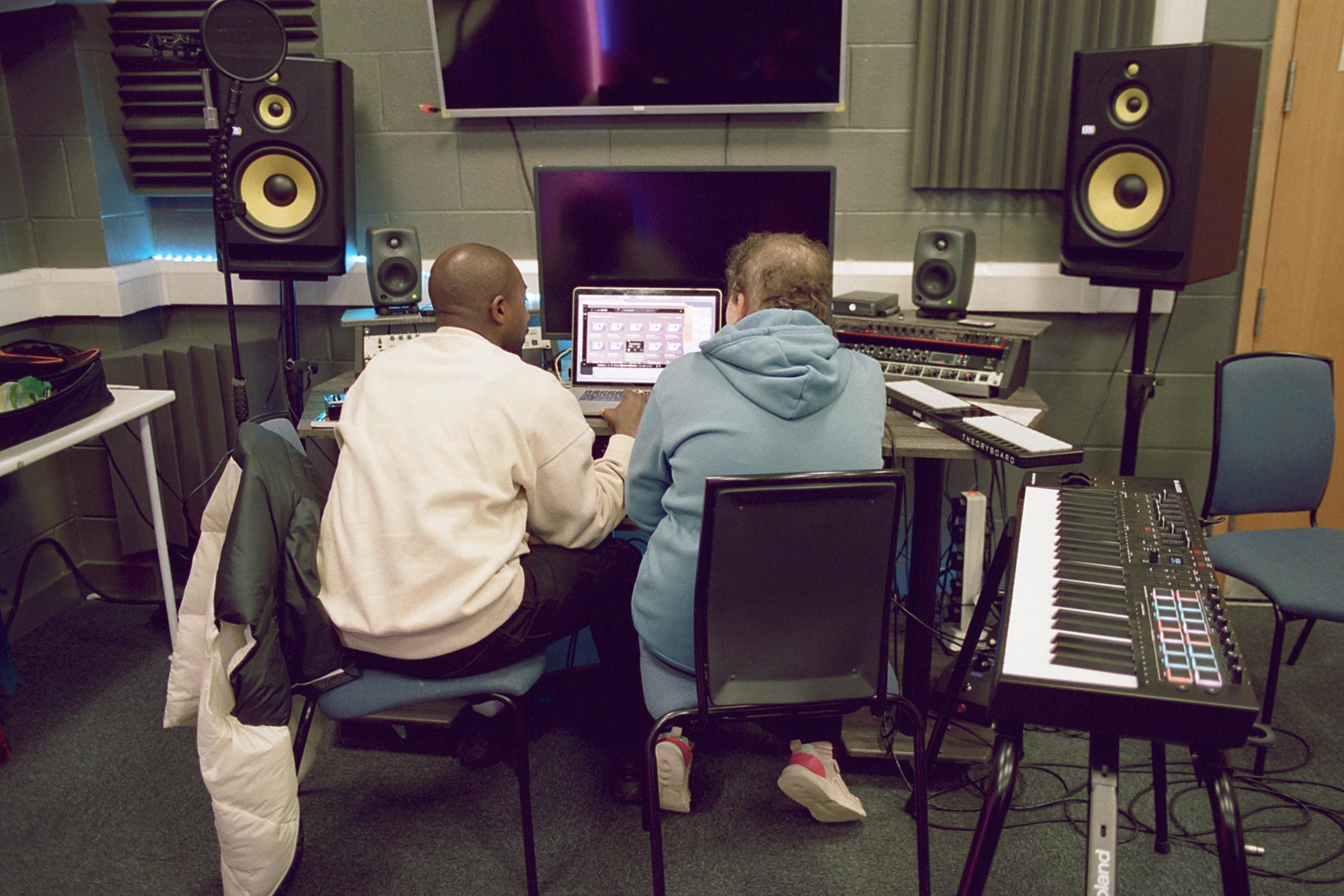Winning hearts and minds for decent, affordable housing
People recognise that the housing situation is a serious problem in this country and that a lack of affordable, decent housing is having real consequences on people’s lives. New FrameWorks research shows how to build on this recognition to create support for policies to expand affordable, decent housing.
Early findings from new research from FrameWorks have found that we need to make the case that it’s essential everyone has a decent, affordable home, because a home is an important source of security and wellbeing. We also need to emphasise that policy decisions shape the housing market – that it is policy that created inequality, and it can create greater equality.
Homes give us security and wellbeing
It won’t be a surprise to you that the idea of homeownership as a life goal is very strong in the UK. There is also a very strong set of beliefs that housing is a commodity and an investment. Certain assumptions tend to sit behind these ideas, assumptions like: owning is always preferable to renting, and that people who rent have not 'made it'.
But when we talk about housing in terms of the security and wellbeing it provides people as a place to live rather than as a source of wealth accumulation, we can start to shift this thinking. Talking about the sense of security and wellbeing we can get from our homes can help people think less about housing as a commodified good, and more about housing as an essential foundation for people to build a life.
There is also a strong set of ideas among the British public that social housing is a last resort and only for those in dire need. This limits support for increasing the supply, and reinforces an idea that it need only be basic. If we focus on describing how social housing tackles poverty and prevents hardship, we can counter this thinking about social housing. For example, if social housing is for all kinds of people, as a way to avoid the grip of poverty - we can increase people’s understanding that more social housing is needed.
Policy choices create inequality or equality
People are concerned that housing inequality and shortages are serious problems that have grown worse over time. They also recognise that people on lower incomes, and people from some minoritised communities can have a harder time than others when gaining access to quality, affordable housing.
But people believe that this is just the way things are in UK society. People often assume that inequalities in housing are a natural consequence of how race, class, and geography work in the UK. This fatalistic thinking leads to the view that nothing can be done to change the system.
In short, although people see that inequality in housing exists, they tend to default to thinking about inequality as a natural part of society, which makes it harder for people to see that these problems are structural.
People also reason that when an individual has the willpower to work hard and make the 'right' choices, they will be able to buy and maintain a higher quality home. Conversely, people often assume a lack of work ethic or laziness is what is causing people to live in poor-quality housing, which is often talked about as rented.
To deal with these common ways of thinking about ‘how things work’, we need to explain the ways in which housing inequality has been constructed through past and current policy making. This will help build people’s understanding of housing inequality as being constructed rather than natural, and as systemic rather than being solely dependent on individuals' hard work.
For example, we can show how deregulation of the housing market has affected people’s access to housing. We can also explain how policies such as regulating the private rented sector would help address housing inequality and shortages by enabling more people to live in quality rented housing they can afford. This is likely to help channel people’s awareness of housing inequality and shortages into policy support.
Explaining affordability
People understand that affordability is relative, but they think about affordability as the maximum someone is willing to pay, rather than as a reasonable percentage of income. They also tend to assume that housing that is both affordable and good quality doesn’t exist.
This means we need to explain what 'genuine affordability' means and do it often. We need to explain that genuine affordability means no more than one-third of income spent on rent or mortgage, and why this definition matters, for example, because people have other necessary expenses besides housing costs. This will likely help expand people’s understanding of affordability beyond the maximum an individual is willing to pay.
We need to provide examples of solutions that would address affordability in the housing sector and explain how they would work. For example, we can talk about how government policies such as regulating the private rented sector and building more quality social housing can help make quality housing more affordable for people on many different income levels, not just the richest in society.
This research was part of the Talking about homes project supported by the Nationwide Foundation and JRF and a brilliant steering group from across the sector. Further research and recommendations for talking about homes to win hearts and minds will be published next year. If you would like to be kept up-to-date on this project and any relevant events, please join our mailing list at: events@jrf.org.uk

This explainer is part of the narrative change topic.
Find out more about our work in this area.